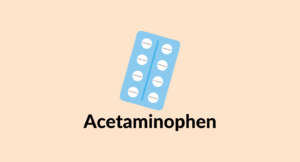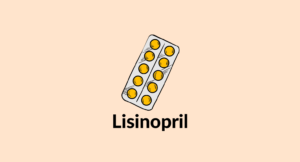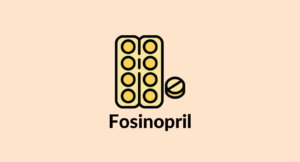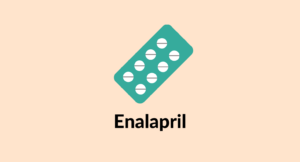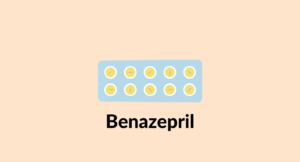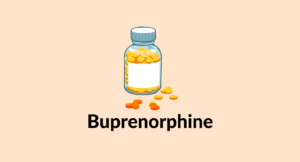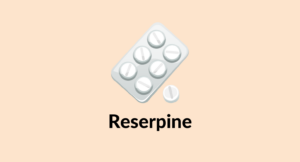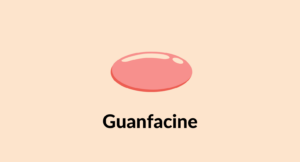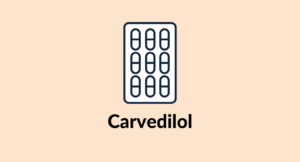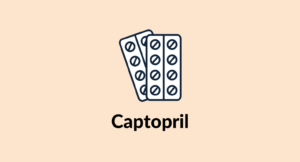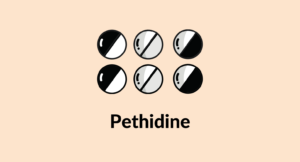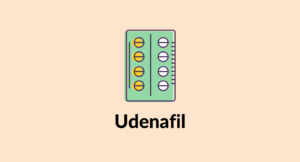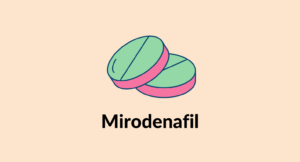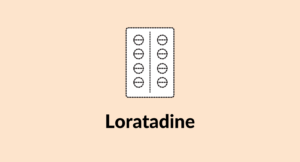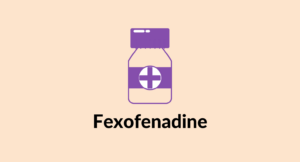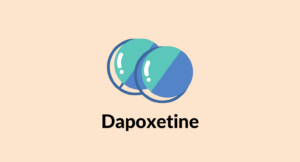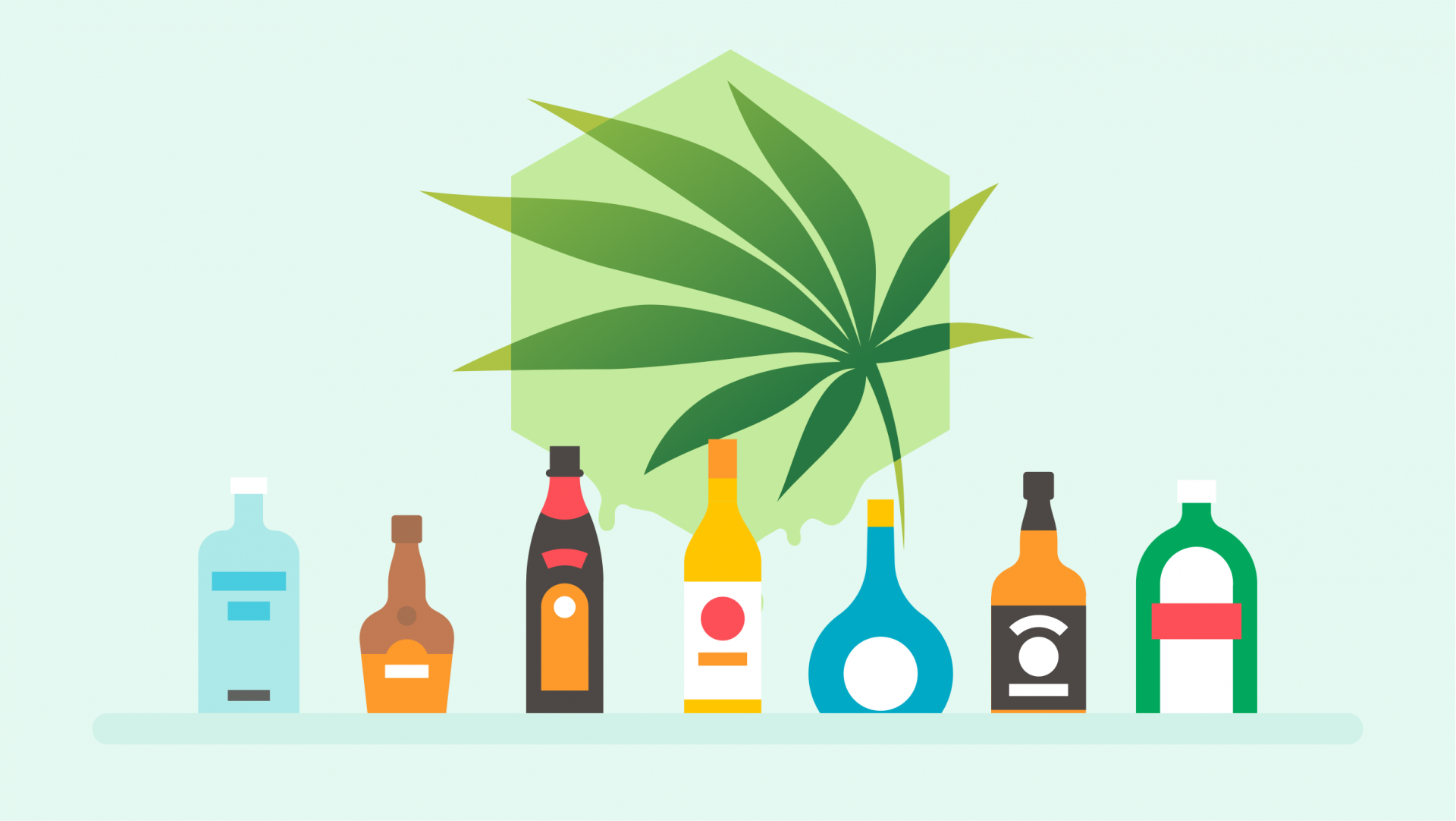
Evidence based
This is What Happens When You Mix Alcohol With CBD
Is it safe to use CBD With alcohol?
Are there any benefits?
CBD is everywhere these days — from the classic CBD oils and gummies to newer versions like CBD shots and chewing gums.
We know CBD is safe, but how does it mix with alcohol?
In this article, we’ll explain what happens in your body when you mix CBD with alcohol, what dangers it may pose to your health, and what the research says about it.
The Takeaway: What Happens When I Mix Alcohol & CBD?
CBD doesn’t have a strong interaction with alcohol. Most of the research so far has shown little difference between groups of people drinking alcohol with or without a dose of CBD.
However, the combination can sometimes lead to negative side effects in certain individuals. The most common side effects are excessive sleepiness or low blood pressure (which can cause dizziness or fainting).
Many people use CBD to help buffer against the negative side effects of alcohol or to nurse the headaches and nausea during a hangover the following morning.
The effects of CBD & alcohol include:
- You may feel more tired or sleepy
- You may experience a drop in blood pressure (dizziness or lightheadedness)
- CBD may resist some side effects of alcohol (nausea & cell damage)
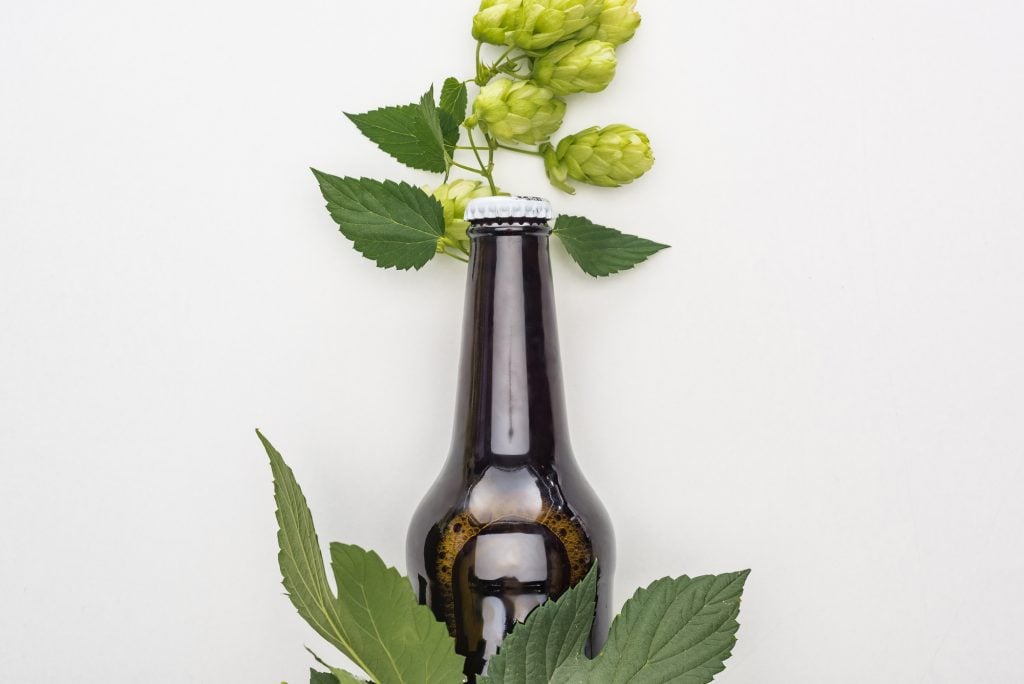
The Effects of CBD & Alcohol
CBD (cannabidiol) is the primary active ingredient in cannabis plants. It’s non-psychoactive, which means it has no impact on sobriety. No amount of CBD products will make you feel high.
People use CBD in the form of oils, capsules, gummies, and vape products to manage chronic pain, anxiety, insomnia, and much more.
The most common reason for mixing CBD and alcohol happen indirectly. You may take CBD to manage symptoms and then go out for a few drinks separately — unintentionally mixing the two compounds together.
Some people mix CBD with alcohol on purpose to help negate some of the unwanted side effects of drinking — such as nausea or headaches.
Some interesting research even suggests CBD may be able to reduce our blood alcohol levels — but this research is speculative at best.
Related: Comprehensive List of CBD Research Studies.
1. CBD & Alcohol Can Make You Feel Sleepy
CBD and alcohol share many similarities in terms of their effect profiles. They’re both classified as central nervous system relaxants — which means they force the brain and nervous system to relax.
Causing too much relaxation can lead to side effects like sedation or fatigue.
When we mix CBD with alcohol or other relaxants, they may compound each other’s effects and have a much stronger relaxing impact on the body.
This may be a good thing for those looking to improve their sleep.
One study found 72 participants taking 25 – 75 mg of CBD for one month had dramatic improvements in their sleep quality [1]. Other studies have shown similar results from drinking. One study took a deep dive into the effects of alcohol on sleep. This study found that low doses of alcohol (1 – 2 standard drinks) had an improvement in the first half of sleep [2].
The same study reported high doses of alcohol (more than two standard drinks) also improved the first half of sleep but had a negative impact on the second half when most of the REM sleep occurs.
This interaction can also be a bad thing if you’re out having a few drinks with friends and want to avoid falling asleep too early.
2. CBD & Alcohol Can Cause a Drop In Blood Pressure
In a similar fashion to the way CBD and alcohol can compound to make you feel tired, it can also cause a drop in blood pressure levels.
Both CBD and alcohol are considered vasodilators — which means they cause blood vessels to relax and dilate (widen).
Imagine your blood vessels as a garden hose with water flowing through it.
When you place a thumb over the end of the hose to narrow the opening, the water shoots out with much more force (pressure). This is what happens when the blood vessels constrict or tighten.
When you remove your thumb to widen the opening, the pressure drops. This is the effect CBD and alcohol have towards dilating the blood vessels to reduce pressure.
When alcohol and CBD are combined, the effects compound — causing an even greater reduction in blood pressure levels.
If this effect is too strong, it can cause pressure to drop too low — making it difficult for the heart to push enough blood and oxygen into the brain. This makes you feel dizzy or lightheaded. If it becomes too severe, it can cause you to faint.
3. CBD May Resist The Side Effects of Alcohol
There are some benefits to mixing CBD oil with alcohol as well — such as alleviating alcohol-induced nausea or headaches. Some research even suggests CBD could buffer blood alcohol levels while we drink.
With that said, we still don’t recommend mixing these two together due to the potential for negative side effects listed above.
CBD Oil Reduces Nausea & The Urge To Vomit
CBD oil is a reliable anti-nausea agent — but only if you’re using a full-spectrum CBD oil.
Several cannabinoids in the hemp plant can be used to support nausea, but the strongest effect comes from THC (tetrahydrocannabinol) — which is the psychoactive component in marijuana.
A good full-spectrum CBD oil should contain trace amounts of THC without having any psychoactive side effects. CBD oil that contains small amounts of THC offers the greatest level of benefits towards alcohol-induced nausea.
CBD and THC work by interacting with CB1 receptors in the brainstem, where nausea reflexes are controlled (aptly named the vomiting center) [5]. These receptors cause the release of serotonin that inhibits the urge to vomit.
CBD Oil May Stop Headaches
Headaches are a common side-effect of drinking alcohol. They usually begin to form as the alcohol wears off or the following morning while you’re hungover.
There are a few reasons why alcohol can cause a headache:
- Magnesium deficiencies
- Dehydration
- B vitamin deficiencies
While CBD isn’t going to treat any of the underlying causes of alcohol-induced headaches, it can help take the edge off and manage pain.
Studies have shown CBD can reduce headaches in several different categories, including migraines, cluster headaches, intracranial hypertension, and nerve-related head pain. There’s also plenty of anecdotal reports that suggest CBD can also help with alcohol-related headaches.
The best way to prevent a headache after drinking it is to ensure you’re consuming plenty of water while you drink and take a supplement that includes magnesium and B vitamins at the end of the night. The effects of alcohol cause increased demands for these nutrients, which can cause them to become depleted if they’re not restored before morning.
CBD & Blood Alcohol Levels
Some of the older research (1979) found people who took 200 mg of CBD had lower blood alcohol levels than those taking a placebo [3]. Higher blood alcohol levels correlate to a greater level of intoxication, loss of motor control, and alterations in cognitive function.
CBD may reduce blood alcohol by supporting the faster metabolism of alcohol in the liver.
With that said, the evidence for this is very loose. Animal studies published as recently as 2018 report no changes in blood alcohol levels between the CBD treatment group and placebo control [4].
More research is needed to determine how CBD affects blood alcohol levels, and this effect should not be relied on as a way to stay below the legal limit while drinking.
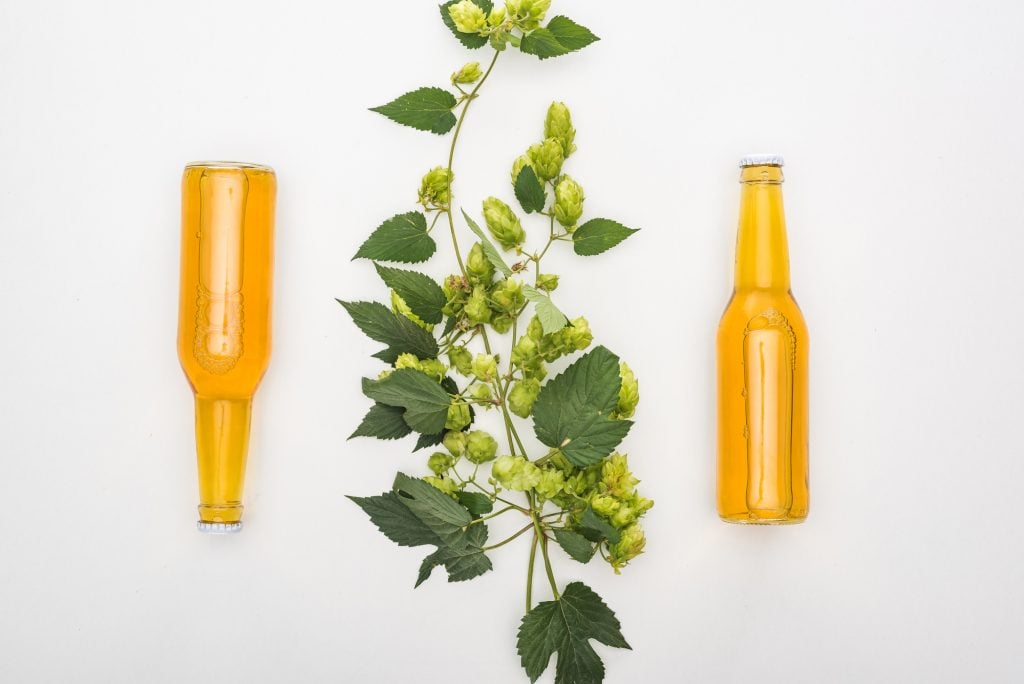
Can CBD Help With Alcohol Addiction?
Some interesting research is being done around the potential for CBD to help doctors treat patients with alcohol addiction. It’s being used to manage symptoms of withdrawal and curb cravings by targeting the addiction center in the brain.
Animal studies have shown that alcohol and cocaine-addicted rats given CBD had less interest in drug-seeking behavior [6]. Researchers in the study concluded that CBD might be a useful tool for relapse prevention in recovering alcoholics.
CBD has shown similar anti-addictive qualities for other forms of addiction, including benzodiazepines, opioids, and stimulants.
Related: CBD Oil For Addiction — Can CBD Reduce Drug Cravings?
Other studies have shown that CBD may reduce some of the most common side effects of alcohol withdrawal — such as insomnia, anxiety, and depression.
Key Takeaways: Can I Mix CBD & Alcohol?
There are no long-term studies available that explore the effects of CBD and alcohol when used in combination. It’s not clear whether the combo is inherently safe or dangerous.
It’s likely the interaction is different for each individual. Some people may experience negative side effects like sleepiness or low blood pressure. Others experience positive effects, such as a reduction in nausea or headaches while consuming alcohol.
If you’re going to combine CBD with alcohol, it’s best to stick to a lower dose of each. This will reduce your chances of experiencing a compound effect that could lead to potentially dangerous side effects like lightheadedness or fainting.
References
- Shannon, S., Lewis, N., Lee, H., & Hughes, S. (2019). Cannabidiol in anxiety and sleep: a large case series. The Permanente Journal, 23.
- Roehrs, T., & Roth, T. (2001). Sleep, sleepiness, sleep disorders, and alcohol use and abuse. Sleep medicine reviews, 5(4), 287-297.
- Consroe, P., Carlini, E. A., Zwicker, A. P., & Lacerda, L. A. (1979). Interaction of cannabidiol and alcohol in humans. Psychopharmacology, 66(1), 45-50.
- Viudez‐Martínez, A., García‐Gutiérrez, M. S., Navarrón, C. M., Morales‐Calero, M. I., Navarrete, F., Torres‐Suárez, A. I., & Manzanares, J. (2018). Cannabidiol reduces ethanol consumption, motivation and relapse in mice. Addiction Biology, 23(1), 154-164.
- Hill, A. J., Williams, C. M., Whalley, B. J., & Stephens, G. J. (2012). Phytocannabinoids as novel therapeutic agents in CNS disorders. Pharmacology & therapeutics, 133(1), 79-97.
- Gonzalez-Cuevas, G., Martin-Fardon, R., Kerr, T. M., Stouffer, D. G., Parsons, L. H., Hammell, D. C., … & Weiss, F. (2018). Unique treatment potential of cannabidiol for the prevention of relapse to drug use: preclinical proof of principle. Neuropsychopharmacology, 43(10), 2036-2045.

